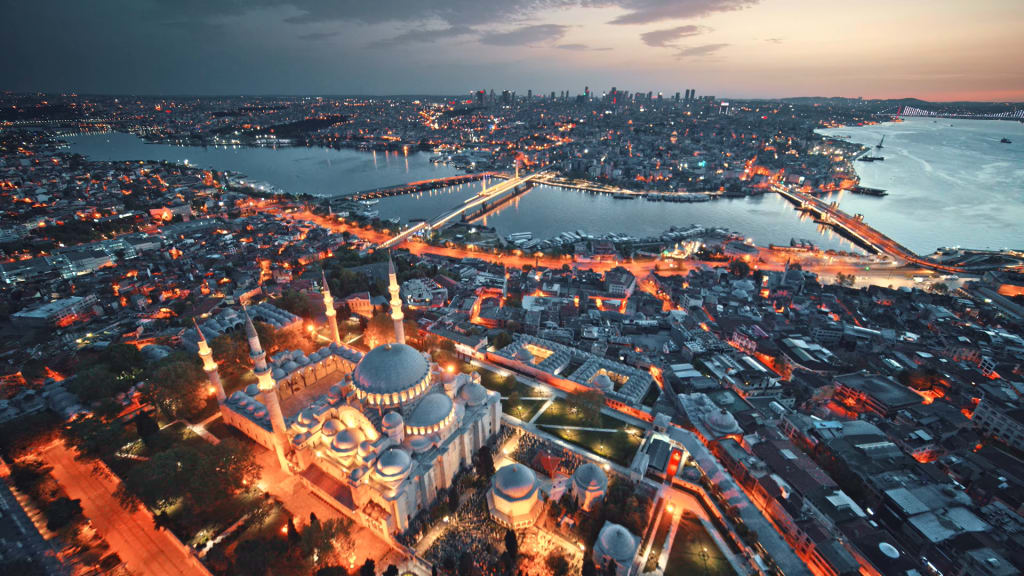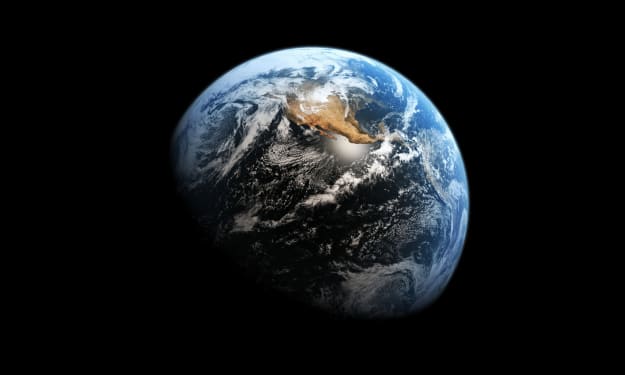
Turkey, located at the crossroads of Europe and Asia, is a country of great strategic importance due to its geopolitical location, historical heritage, and economic potential. Turkish politics, however, is a complex landscape of challenges and opportunities, shaped by a long history of social, cultural, and economic transformations.
At present, Turkish politics is dominated by the Justice and Development Party (AKP), led by President Recep Tayyip Erdogan. Since coming to power in 2002, the AKP has transformed the political landscape of Turkey, by consolidating its grip on power, and expanding its influence over various aspects of Turkish society.
Despite the AKP's electoral success, however, Turkish politics is characterized by a number of challenges, including the country's relations with the European Union (EU), its role in the Syrian conflict, and its ongoing struggle against terrorism.
Turkey's relations with the EU, for instance, have been strained in recent years, due to disagreements over issues such as human rights, democracy, and freedom of expression. Turkey's government has been accused of curtailing these freedoms, which has led to tensions with the EU, and has raised concerns over the future of Turkey's relationship with Europe.
In addition to these challenges, Turkey's role in the Syrian conflict has been a source of controversy, with the country being accused of supporting various armed groups in the region. This has led to tensions with other countries in the region, and has raised questions over Turkey's broader geopolitical ambitions.
Finally, Turkey's struggle against terrorism is another major challenge facing Turkish politics. Turkey has been hit by a wave of terrorist attacks in recent years, carried out by various groups, including ISIS and the Kurdistan Workers' Party (PKK). These attacks have led to the loss of many lives, and have highlighted the need for a comprehensive approach to counter-terrorism.
Despite these challenges, however, Turkish politics also presents a number of opportunities, including the country's economic potential, its cultural diversity, and its strategic location.

Turkey's economy, for instance, is one of the fastest-growing in the world, with a strong manufacturing sector, a dynamic private sector, and a young and educated workforce. This presents opportunities for foreign investors, as well as for Turkish entrepreneurs looking to capitalize on the country's economic potential.
Turkey's cultural diversity is another strength, with a rich history, a vibrant arts and culture scene, and a dynamic civil society. This diversity can help Turkey to build bridges with other countries and communities, and to promote a more inclusive and tolerant society.
Finally, Turkey's strategic location, at the crossroads of Europe and Asia, gives it an important role to play in regional and global affairs. Turkey can use its strategic position to promote stability, security, and economic cooperation in the region, and to contribute to the resolution of conflicts and crises.
Since Mustafa Kemal Atatürk founded the modern secular Republic of Turkey in 1923, the Turkish military has perceived itself as the guardian of Atatürkçülük, the official state ideology. The TAF still maintains an important degree of influence over Turkish politics and the decision making process regarding issues related to Turkish national security, albeit decreased in the past decades, via the National Security Council.

In conclusion, Turkish politics is a complex landscape of challenges and opportunities, shaped by a long history of social, cultural, and economic transformations. While there are many challenges facing Turkish politics, there are also many opportunities to build a more prosperous, inclusive, and peaceful society. By addressing these challenges and seizing these opportunities, Turkey can play an important role in regional and global affairs, and contribute to a more stable and prosperous world.
Administrative divisions
Main article: Administrative divisions of Turkey
The political system of Turkey is highly centralized. However, as a member state of the Council of Europe, Turkey is under an obligation to implement the European Charter of Local Self-Government. In its 2011 report, the Monitoring Committee of the Council of Europe found fundamental deficits in implementation, in particular administrative tutelage and prohibition of the use of languages other than Turkish in the provision of public services.
The Turkish Constitution is cumulatively built on the following principles:
Kemalism
Secularism
Modernization
Most mainstream political parties are alternatively built either on the following principles:
Nationalism
Conservatism
Kemalism
Decentralization
Other political ideas have also influenced Turkish politics and modern history. Of particular importance are:
Neoliberalism
Pan-Turkism
Socialism
Communism
Erdoganism
Countries and regions where a Turkic language has official status
These principles are the continuum around which various – and often rapidly changing – political parties and groups have campaigned (and sometimes fought). On a superficial level, the importance which state officials attach to these principles and their posts can be seen in their response to breaches of protocol in official ceremonies.
About the Creator
Meric
Student






Comments
There are no comments for this story
Be the first to respond and start the conversation.